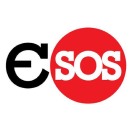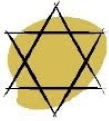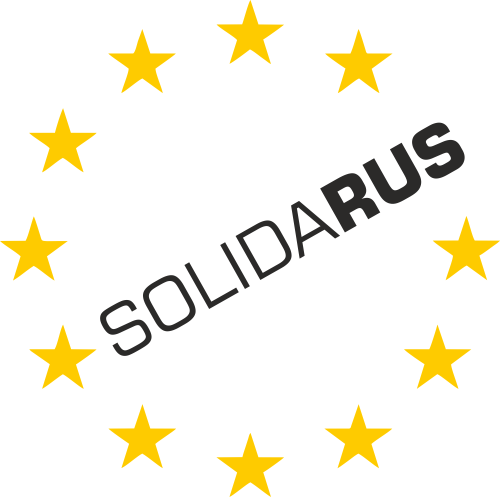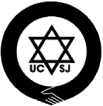The Kremlin’s Political Prisoners: The Case of Oleksandr Marchenko
The Memorial Human Rights Centre, in accordance with international guidelines, recognized Oleksandr Marchenko as a political prisoner.
Oleksandr Marchenko is a Ukrainian citizen who was arrested on December 17, 2018 by security agencies of the Russia-backed self-proclaimed Donetsk People’s Republic. On February 18, 2019, after being held in a detention facility for two months by the Ministry of State Security of the Donetsk People’s Republic, Marchenko was transported to the border of Ukraine’s Donetsk and Russia’s Rostov regions and handed over to officials from the Russian Federal Security Service (FSB).
A criminal case against Marchenko was opened only on April 30, 2019. Until then, Marchenko was held in jail for almost two and a half months by issuing a series of short-term administrative arrests, and also, he was held at a Krasnodar Krai deportation center. However, instead of being deported to Ukraine, Oleksandr was moved to a pre-trial detention facility and charged for preparing to acquire and illegally exporting military equipment from Russia (Part 1 Article 30 and Part 1 Article 226.1 of the Criminal Code of the Russian Federation, up to 3 years and 6 months in prison.)
At the end of December 2019 Oleksandr Marchenko was charged with additional charges under Article 276 of the Criminal Code of the Russian Federation (“Espionage”, up to 20 years in prison) for the same episode with klystrons.
Why the Memorial Human Right Center considers Oleksandr Marchenko a political prisoner?
According to the investigators, in the spring of 2018 Oleksandr Marchenko, together with an accomplice from Russia, developed a plan to purchase and take across the Russian-Ukrainian border two sets of specialized linear-beam vacuum tubes (known as klystrons) designed for use in S-300 surface-to-air missile systems. Marchenko’s lawyer has stated that his client is innocent of the charges, that the conditions of Marchenko’s detention in the Donetsk People’s Republic were tortuous, and that a confession made at the border was forced from him by the security services.
The Memorial Human Right Center has studied the materials of the administrative and criminal cases against Marchenko and found that Marchenko had repeatedly and with no issues crossed the Russian border, while allegedly preparing for the crime. However, his prosecution started only after his detention by the Ministry of State Security of the Donetsk People’s Republic. No trust can be placed in evidence obtained on a territory where the norms of Ukrainian, Russian and international law do not work. However, even this alleged evidence was not used as grounds for his immediate prosecution. In Russia Marchenko was held for more than two months for made-up charges at a special detention center for those convicted of administrative offences and at a pre-detention center for foreigners and persons without citizenship.
The charges are based on correspondence that allegedly took place in the spring and summer of 2018 between Marchenko and his Russian partner, and on a testimony that has been classified. The transfer of money for the purchase of the klystrons was allegedly made between Ukrainian and Russian banks that have not been identified. In the Memorial Human Right Center view, the lack of a criminal investigation was caused by negotiations between Ukraine and Russia regarding a possible ‘exchange of prisoners.’ The Memorial Human Right Center believes that Oleksandr Marchenko has been persecuted, on the one hand, due to the ongoing anti-Ukrainian campaign by the Russian authorities and, on the other hand, because of the attempt by the Russian authorities to use new fabricated ‘espionage’ cases to support their agenda of large-scale external security threats to the country.
The Memorial Human Rights Centre, in accordance with international guidelines, recognized Oleksandr Marchenko as a political prisoner.













